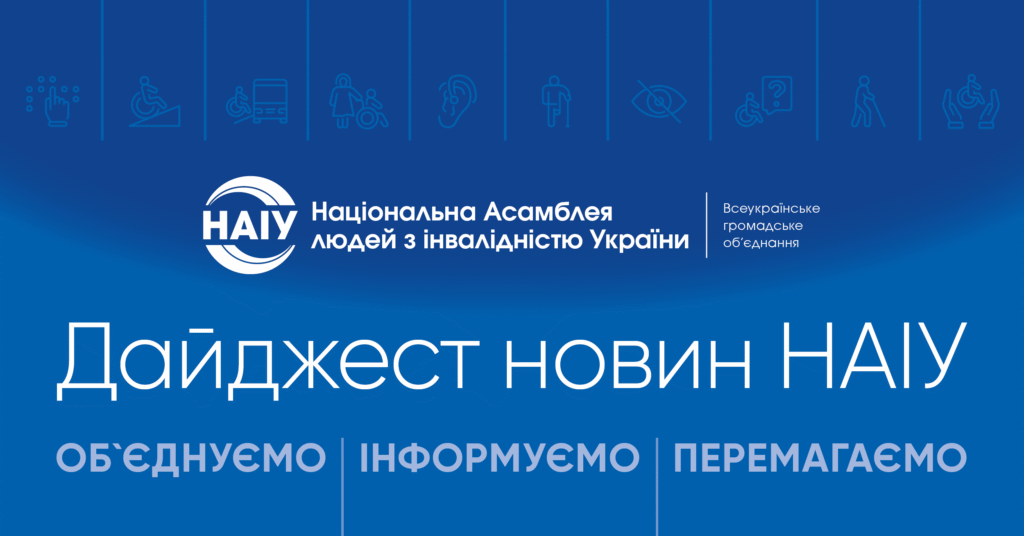Представники ГО “Чернівецька обласна організація людей з інвалідністю “Лідер” провели аудит пішохідних переходів на центральних вулицях міста Сторожинець Чернівецької області. Протягом кількох днів експерти заповнювали анкети, в яких зазначали рекомендації щодо облаштування переходів. Метою аудиту було визначення необхідних змін, щоб пішохідні переходи відповідали вимогам та були доступними для маломобільних груп населення.
Аналізуючи поточний стан пішохідних переходів, експерти виявили, що найбільшою перешкодою є високі бордюри. Хоча більшість переходів забезпечені пониженням, у деяких місцях, таких як біля центральної лікарні та на перехресті вул. Ірини Вільде та Б. Хмельницького, немає пониження бордюрного каменю. Крім того, каналізаційні люки зі значним поглибленням навколо них створюють додаткові перешкоди для пересування. Також було висловлено прохання встановити попереджувальні тактильні смуги вздовж ширини переходу на його початку та завершенні.
Лист із заповненими анкетами (з рекомендаціями та ілюстраціями) вже надіслано керівництву Сторожинецької міської ради. Організатори відчувають розуміння та підтримку місцевої влади і вірять у вирішення цих питань.
“Прагнемо зробити наше місто ще більш безпечним і доступним для маломобільних груп населення громади, до яких належать люди з інвалідністю, матері з дитячими візочками, люди старшого віку, люди з порушенням зору, люди на кріслі колісному та інші – коментує ініціаторка акції, голова організації Валентина Добридіна.
На наступному тижні організатори планують провести засідання круглого столу, де представлять результати аудиту та відеоролик, знятий за участі маломобільних груп населення та представників місцевої влади.
Заходи відбуваються в рамках адвокаційної кампанії Проєкту «Мультисекторальна гуманітарна допомога з урахуванням інвалідності для внутрішньопереміщених осіб (ВПО), репатріантів, ветеранів та приймаючих громад в Україні», який реалізує Національна Асамблея людей з інвалідністю України за фінансової підтримки Федерального міністерства закордонних справ Німеччини (GFFO), Європейського Форуму інвалідності (EDF) та Християнської місії незрячих (CBM).
*****
An evaluation of the accessibility of pedestrian crossings within the city of Storozhynets
The Chernivtsi Regional Organization for People with Disabilities, “Leader,” conducted an audit of pedestrian crossings on the central streets of the city of Storozhynets, Chernivtsi Region. For several days, experts completed questionnaires in which they indicated their recommendations for the arrangement of transitions. The purpose of the audit was to figure out what changes needed to be made so that pedestrian crossings meet the requirements and are accessible to people with reduced mobility.
Experts examined the current state of pedestrian crossings and found that high curbs were the most difficult obstacle. Although most of the crossings are equipped with lowering, in some places, such as near the central hospital and at the intersection of St. Iryna Wilde and B. Khmelnytskyi, the curb stone is not lowered. Furthermore, sewer hatches with significant depressions around them create additional obstacles to movement. Also, a request was made to install warning tactile strips at the beginning and end of the transition.
The leadership of the Storozhinetsk City Council has already received a letter containing completed questionnaires, complete with suggestions and illustrations. The organizers appreciate the understanding and support of the local authorities and are committed to resolving these issues.
“We strive to enhance the safety and accessibility of our city for the less mobile members of the community, including individuals with disabilities, mothers with baby carriages, elderly individuals, individuals with visual impairments, individuals in wheelchairs, and others,” stated Valentina Dobridina, the initiator of the initiative.
The results of the audit and a video shot with the participation of less mobile people and representatives of local authorities will be presented at a round table meeting next week.
The events are part of the campaign “Multisectoral humanitarian aid considering disabilities for internally displaced persons (IDPs), returnees, veterans, and host communities in Ukraine”, which is implemented by the National Assembly of People with Disabilities of Ukraine, the European Disability Forum (EDF) and the Christian Mission of the Blind (CBM).















